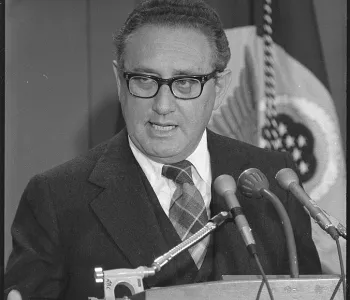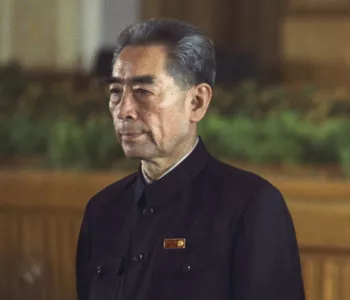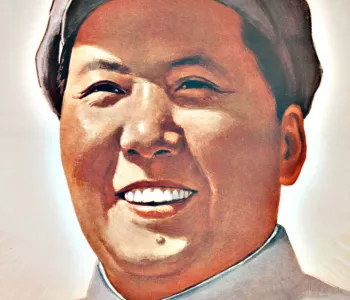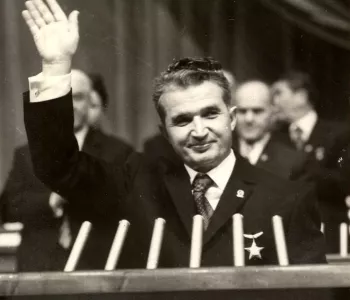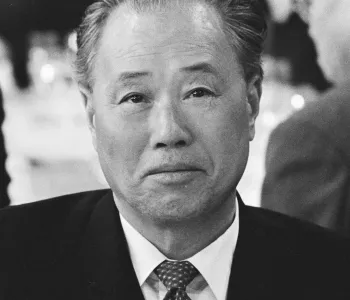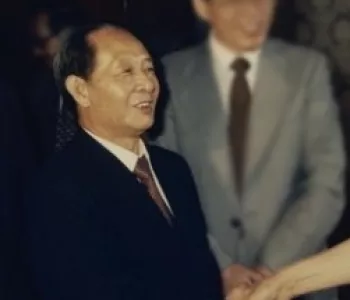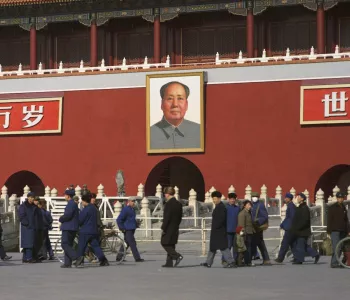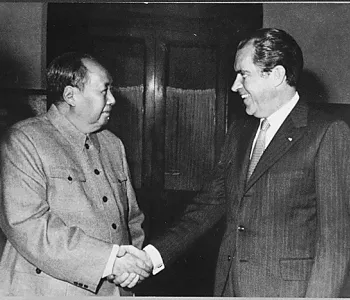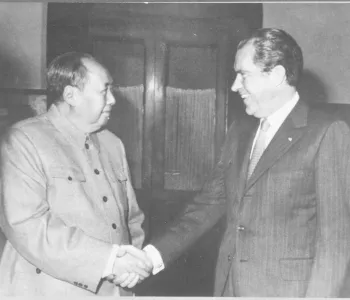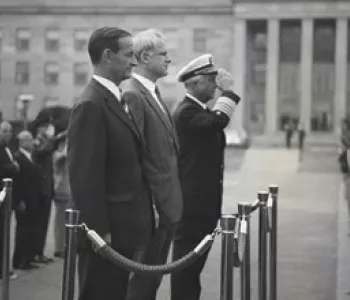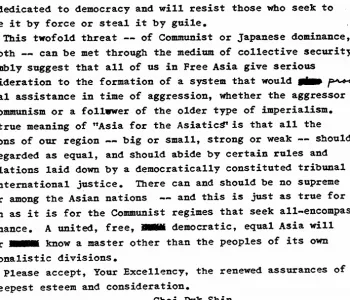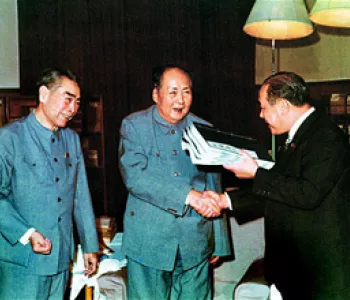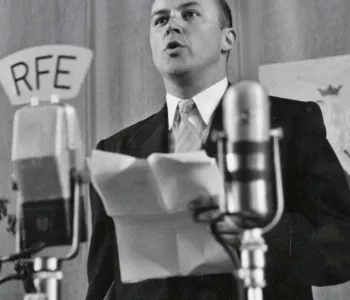Born on January 9, 1913, in Yorba Linda, California, into a lower-middle-class Quaker family, Richard Nixon had a difficult childhood. In school he was an ambitious student, but not one who excelled. Upon graduation, he entered Whittier College. Nixon graduated second in his class and won a scholarship to Duke University law school, where he graduated third in his class. He returned to California and took a job at a law firm in Whittier. Nixon served in the Navy during World War II.
After the war, Nixon ran successfully for Congress. He quickly distinguished himself as one of Congress' most fervent anti-communists, leading the charge against accused spy Alger Hiss. In 1950, Nixon was elected to the Senate. He was picked as a running mate in 1952 by Republican presidential candidate Dwight Eisenhower. As vice president, he took an active interest in national security affairs.
In 1960, Nixon waged a vigorous campaign for the presidency, losing to Democrat John F. Kennedy. Perhaps more bitter was his defeat in the 1962 California gubernatorial campaign. He declared his withdrawal from politics, but instead built a strong national political base which, in 1968, enabled him to win the White House.
In domestic politics, Nixon was a pragmatic president who continued many of his Democratic predecessors' programs. In foreign policy, he sought "peace with honor" in the Vietnam War, in the end achieving neither. But under his leadership, the war in Vietnam did come to a halt. Nixon also sought to improve the U.S. strategic position in the Cold War. He forged a new, more cooperative relationship with the Soviet Union and achieved a diplomatic revolution through his normalization of U.S. relations with China. However, Nixon's secret methods not only exposed him to fierce criticism at home, but ultimately also undermined some of the achievements themselves. Nixon's ongoing obsession with political enemies resulted in the Watergate scandal, and in August 1974 Nixon became the first U.S. president to resign.
Nixon wrote a number of books on international affairs and, toward the end of his life, was somewhat rehabilitated as a foreign policy expert. Nixon died in Saddle Creek, New Jersey, on April 22, 1994, at age 81.

